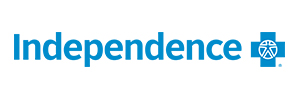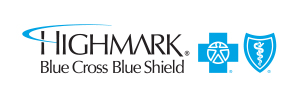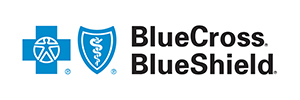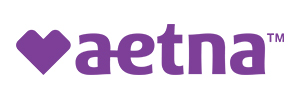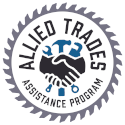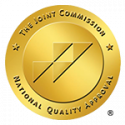You’ve decided you’re ready to get help–here are tips on finding the program that’s the best fit for you. Once you choose to get sober, we know it can be intimidating to figure out where to start. When it comes to overcoming addiction, a treatment program can provide invaluable support, accountability, and a sense of community that can help you combat life challenges. If you’re ready to start your sobriety journey, the next step is to find the right program for you.
How to Get Sober
In early recovery, it’s essential to have an open mind to the process. Our choices in early recovery can affect the outcome of our recovery. Self-reflecting and surrounding yourself with support can significantly aid your walk through the recovery process. As you prepare to fight your substance use disorder, it’s essential to:
Open up to Others About Your Struggle
A positive support system is a vital part of getting sober. If your loved ones know your struggles and recovery goals, they can play a more significant role in keeping you accountable. Opening up to others about your situation may sound daunting, but it doesn’t mean you have to tell everyone. Even a handful of people who genuinely have your best interests at heart can make a difference.
Regardless of where you look for support during your recovery journey, having people on your side who are willing to help you will improve your chances of success. By confiding regularly in people you love and trust, you can strengthen your chances of staying sober in the long term.
Listen to Sobriety participant Steve on how his life changed once he committed to getting help.
Discover and Avoid Your Triggers
The more you understand the triggers that push you toward substance abuse, the better equipped you’ll be to avoid them. A few common triggers may include:
- Peer pressure in social situations where others are using
- Large amounts of stress (i.e., work troubles, a breakup, family drama, etc.)
- Spending time in places that you associated with substance use (i.e., another user’s house, a bar/club, etc.)
These common relapse triggers give you a general idea of where to start, but the more specific you can identify your triggers, the better. As long as you are aware of what triggers you have, you can work on managing them regularly.
Sign Up for a Rehab Program
Rehabilitation programs come in many shapes and sizes, from inpatient rehab to outpatient rehab, to sober living homes. These programs give you structure, but they also offer built-in resources and support. This accountability and support can set you up for long-term sobriety.
Finding a Program That’s Right for You
Once you have chosen to seek help via an addiction treatment program, it is crucial to find one that will work for you. As recovery isn’t a “one-size-fits-all” situation, finding a program that you can personally stick with is essential. Are you wondering what kind of treatment options are there?
Inpatient Programs
An inpatient treatment program might be necessary for some struggling with substance use. Inpatient programs are intensive, residential treatment programs designed to treat severe addictions. You will experience high-level and frequent care throughout the withdrawal process and beyond.
Intensive Outpatient Program
This type of program can balance an intense level of support with your daily obligations outside of the treatment facility. Sobriety Solution’s structured treatment program offers group counseling sessions, individual counseling, and additional ancillary services. Structured with flexible schedules to accommodate work, the program brings to light emotional and behavioral obstacles to long-term recovery. It allows clients to continue their professional careers or other commitments while receiving the necessary treatment to live a productive life free from drug and alcohol dependence.
Partial Hospitalization Program
Individuals in recovery seeking to leave residential treatment but are not quite ready for outpatient services may find a middle ground in Sobriety Solution’s Partial Hospitalization Program. While our Partial Hospitalization Program is structured, we offer the flexibility to tailor treatment to an individual’s specific needs. Our comprehensive Partial Hospitalization Program provides a therapeutic environment that allows individuals the time to address their Substance Use Disorder and receive the skills necessary to live a new way of life.
Mindfulness-Based Programs
Mindfulness can play a crucial role in recovery from a substance use disorder. Sobriety Solutions of New Jersey can help individuals learn how to regulate their emotions and thoughts through mindfulness-based techniques. Our drug rehabilitation centers teach individuals to redefine the nature of stressful situations and stimuli that might trigger a fight or flight response. In time, the triggers become less daunting and more manageable.
Recovery Housing
In sober living recovery homes, those recovering from substance abuse live in a supervised, safe environment. The community provides recovery-related support, from accountability to a solid network of sober friends.
12-Step Programs
Some of the most known 12-step programs are Alcoholics Anonymous and Narcotics Anonymous. This path to recovery follows 12 principles, a few of which include admitting your powerlessness over your substance and submitting your will to a higher power for help. These programs also come with built-in community and accountability.
Conclusion
Each person recovers from substance abuse in their own way. However, being surrounded by a positive support system and choosing the right recovery program can make a huge difference in achieving long-term sobriety. We at Sobriety Solutions are ready to support you in this deeply personal and rewarding process.
Reach out today for more information on our recovery programs. We will be standing by, ready to take your call.



